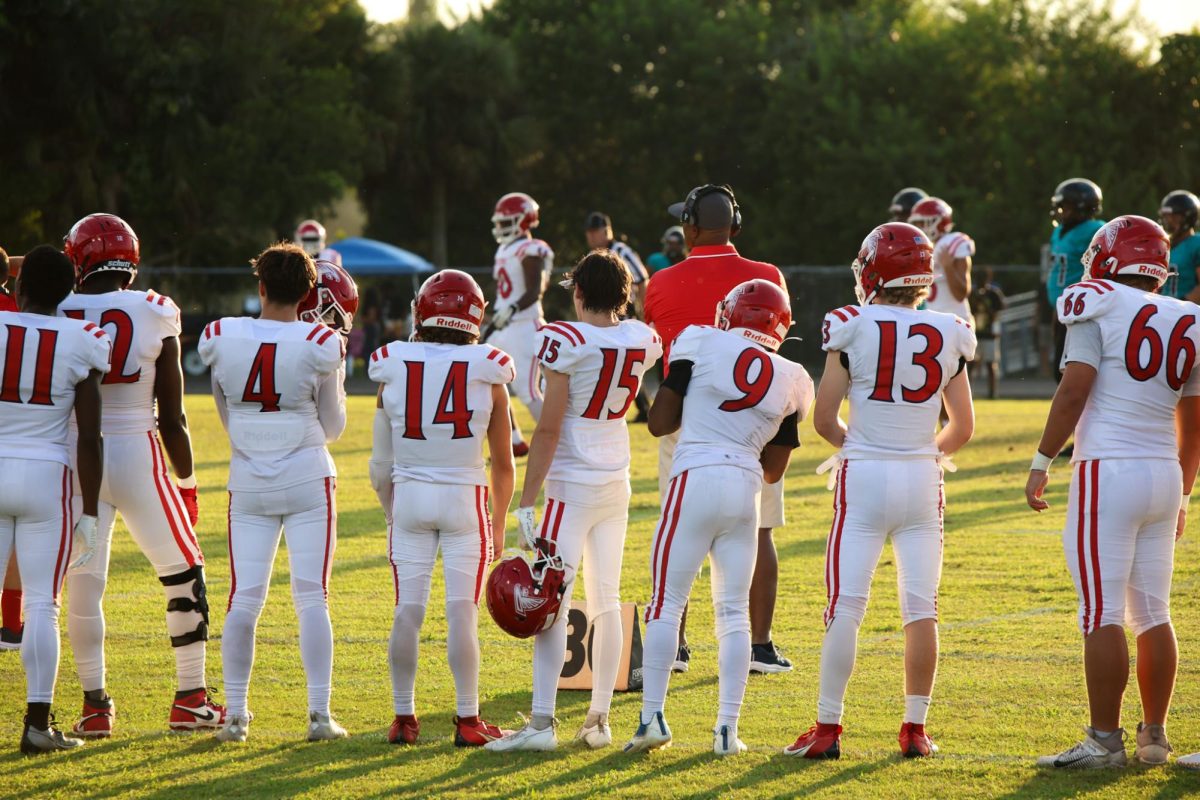It’s the end of the Little League season and all the players gather around to receive their trophies. They wait in anticipation, curious to see which teams took the top places. The first team is called up, and the aspiring athletes watch with eyes wide open as the metallic chalices are passed out. Each place is called until every single team is called up for identical trophies. The children are left to wonder—who won? Thanks to participation trophies, they will never find out.
In almost every single professional sports competition, there is a winner, from the Super Bowl, to the World Cup, to the Olympics. These are some of the biggest and most well known sporting events across the world. Olympic athletes don’t train their whole lives just to get the same award as their opponents. Teaching children that they don’t have to work hard in order to do well is setting them up for failure.
According to the Institute of Public Affairs, educational psychologist Dr. David Shields and education Superintendent Christopher Funk stated that healthy competition is good for kids, saying that “competition encourages excellence in children in the same way it does in general society.”
Without a competitive environment to thrive in, children are taught to just “have fun.” While there is absolutely nothing wrong with having fun on the field, a certain amount of competition should always be welcome in order to teach children valuable life lessons.
Timothy Gunn, a pediatric neuropsychologist, said that “competition helps kids learn that it is not always the best or the brightest who are successful, but rather those that work hard and stick with it.” Gunn also added that kids who engage in competition “earn critical social skills through interacting with other children, while also learning the value of hard work and developing self-esteem and self-efficacy.”
Participation trophies don’t give young athletes the competitive environment that they need. Even if the players are competitive, they are being taught that no matter how hard they work, they will get the same award as the kid that just showed up for the free snacks.
According to The New York Times, “The lessons young players gain between the foul lines have guided some to become astronauts, emergency first responders, bestselling authors, military heroes, professional athletes and even president of the United States.”
Using the lessons learned through competitive environments, young athletes have proven to be incredibly successful later in life. Without the hard work ethic and necessary competition, children involved in these sports aren’t getting as much out of it as they could be. Participation trophies teach our youth that life is kind and that everyone will walk away as a winner in the end—which couldn’t be further from the truth.






![[BRIEF] The Muse recognized as NSPA Online Pacemaker Finalist](https://www.themuseatdreyfoos.com/wp-content/uploads/2025/03/IMG_2942.jpeg)





















































